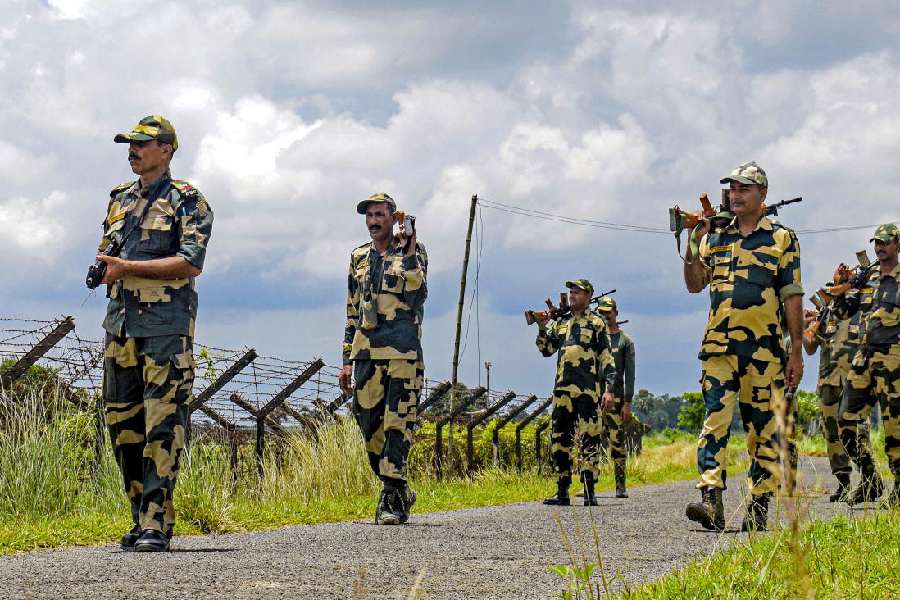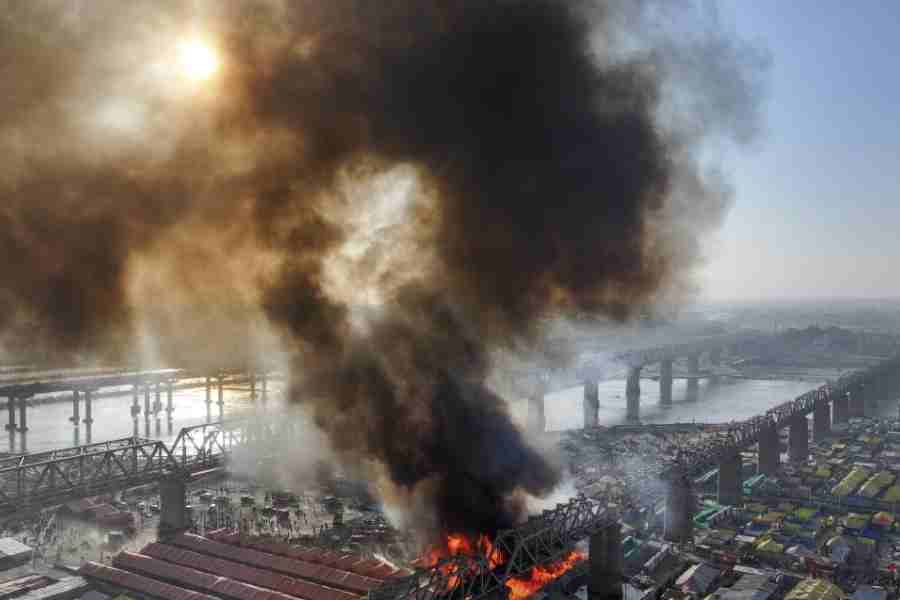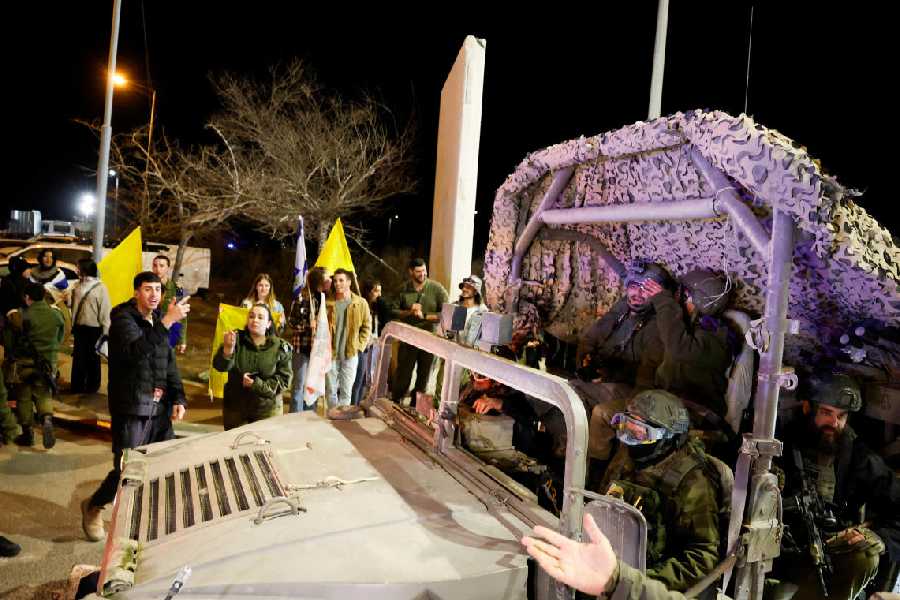The Border Security Force has deployed additional personnel along the Line of Control with Pakistan, especially in the Jammu region that witnessed a surge in militant attacks this year, following intelligence inputs pointing to the possibility of infiltration by terrorists during winter, sources in the force said on Tuesday.
“Nearly 3,000 additional personnel have been deployed in the Jammu region following specific intelligence received by the force to thwart infiltration attempts by militants which tend to increase during the winter. These personnel were earlier deployed in Maoist-hit areas of Chhattisgarh and Odisha,” said a BSF official in Delhi.
Jammu, which has become the new infiltration hotspot along the India-Pakistan border, had been relatively terror-free over the past two decades until 2021 when the region witnessed a spike in militant attacks. The recent surge in terrorist attacks in the Jammu region has left the Centre red-faced as it is being seen as a setback for the government’s claim of normality in “Naya Kashmir” since the abrogation of Article 370.
Over 50 security personnel have been killed in militant attacks in the Jammu division since 2021. “Security agencies had found at least 15-20 vulnerable points in the Jammu region, which have been plugged. The anti-infiltration grid along the LoC is now very strong and the security forces are well prepared to impede infiltration,” the BSF official said.
Unlike Kashmir, which is relatively flat, Jammu is rugged and mountainous. The Rajouri and Poonch districts in Jammu are more conducive for militants because of their proximity to the Line of Control, the mountainous landscape and thick forests.
Heavy snowfall in December and January makes infiltration routes via mountain passes in north Kashmir’s Baramulla and Kupwara districts difficult. Pakistan-based terrorists then shift their focus to the international border, using the relatively lower terrain in Jammu to attempt infiltration. “The focus is on strengthening surveillance and response capabilities along the international border,” said a security official in the home ministry.
A series of terror attacks were reported in Rajouri, Poonch, Reasi, Udhampur, Kathua and Doda districts of Jammu this year that have killed more than 40 people, including 18 security personnel and village defence guards.
In September, the Centre approved the recommendations of a committee that suggested upgrading fencing and other security infrastructure on the “vulnerable” stretches along the 3,323km India-Pakistan border. The panel was set up to determine the vulnerability of guarding structures along the border, which runs through Gujarat, Punjab, Rajasthan and Jammu, to check infiltration.










